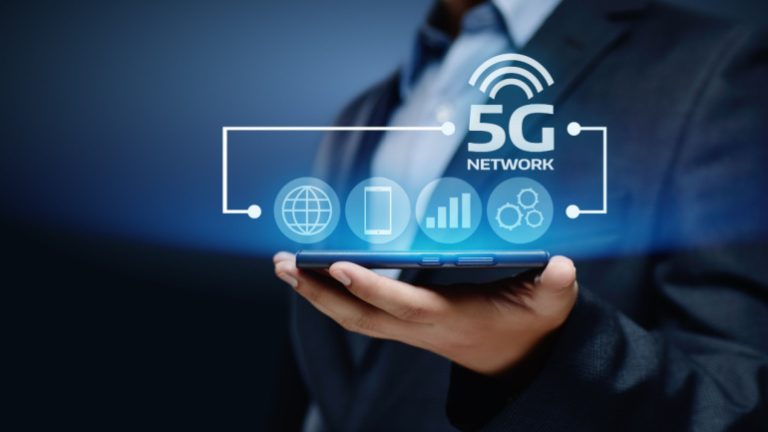
The US-based satellite operator EchoStar, recently entering a merger with Dish, has broadened its European IoT strategy by incorporating a terrestrial element. EchoStar has forged a partnership with Netherlands-based enterprise LoRaWAN solutions company, The Things Industries.
The Things Industries brings to the table its portfolio housing a LoRaWAN network server known as The Things Stack. This unique server deals with connectivity, administration, and monitoring of IoT devices, applications, and gateways. The primary objective behind the server’s design is to provide a reliable, scalable, and secure data routing across the network.
In what seems a strategic move, EchoStar’s satellite IoT capabilities will be incorporated into The Things Stack. This move should pave a clear path for customers to connect IoT devices via either terrestrial or satellite networks for real-time, bi-directional communication.
EchoStar Mobile is the satellite network to consider here. Commanded by the EchoStar XXI geostationary satellite, this network proffers LoRa coverage to the UK, Scandinavia, and mainland Europe.
According to ABI Research’s early 2021 forecast, satellite 5G earnings will escalate to $18 billion by 2031. Although the current buzz around satellite services generally pertains to voice and data service coverage or quite astonishingly, satellite direct-to-device (D2D) connectivity, it is IoT where the real action involving the satellite is expected to unfold.
Telemaco Melia, vice president and general manager of EchoStar Mobile, declared, “With plug-and-play simplicity, this collaboration between EchoStar Mobile and The Things Network enables terrestrial and satellite transports to be integrated easily into the same node or module for IoT applications.” He further added that this innovative development facilitates affordable IoT rollouts with seamless coverage, assuring customers of uninterrupted connectivity for their devices anywhere within the service zone, extending even to the remotest areas.
Wienke Giezeman, CEO of The Things Industries, also noted, “Our collaboration provides all the key features of our generic node combined with the wide area reach of the EchoStar network to enable smooth, universal LoRaWAN access, wherever the user may be.”
Specific usage cases for their integrated satellite and terrestrial IoT network were not revealed by either EchoStar or The Things Industries. However, to understand how the new solution fits into their work processes, customers are offered a limited-time, free trial service for each connected device.
In July, seven new customers were added to EchoStar’s European IoT network. Multiple customers desire services, especially in remote zones like forests and mountains. This customer trend adds a promising perspective for the inclusion of hybrid connectivity.
In conclusion, satellite-terrestrial joint solutions may widen access to EchoStar’s European IoT solutions, encouraging interest and boosting uptake. Want to stay updated with the latest news? Register for the Telecoms.com newsletter here.



